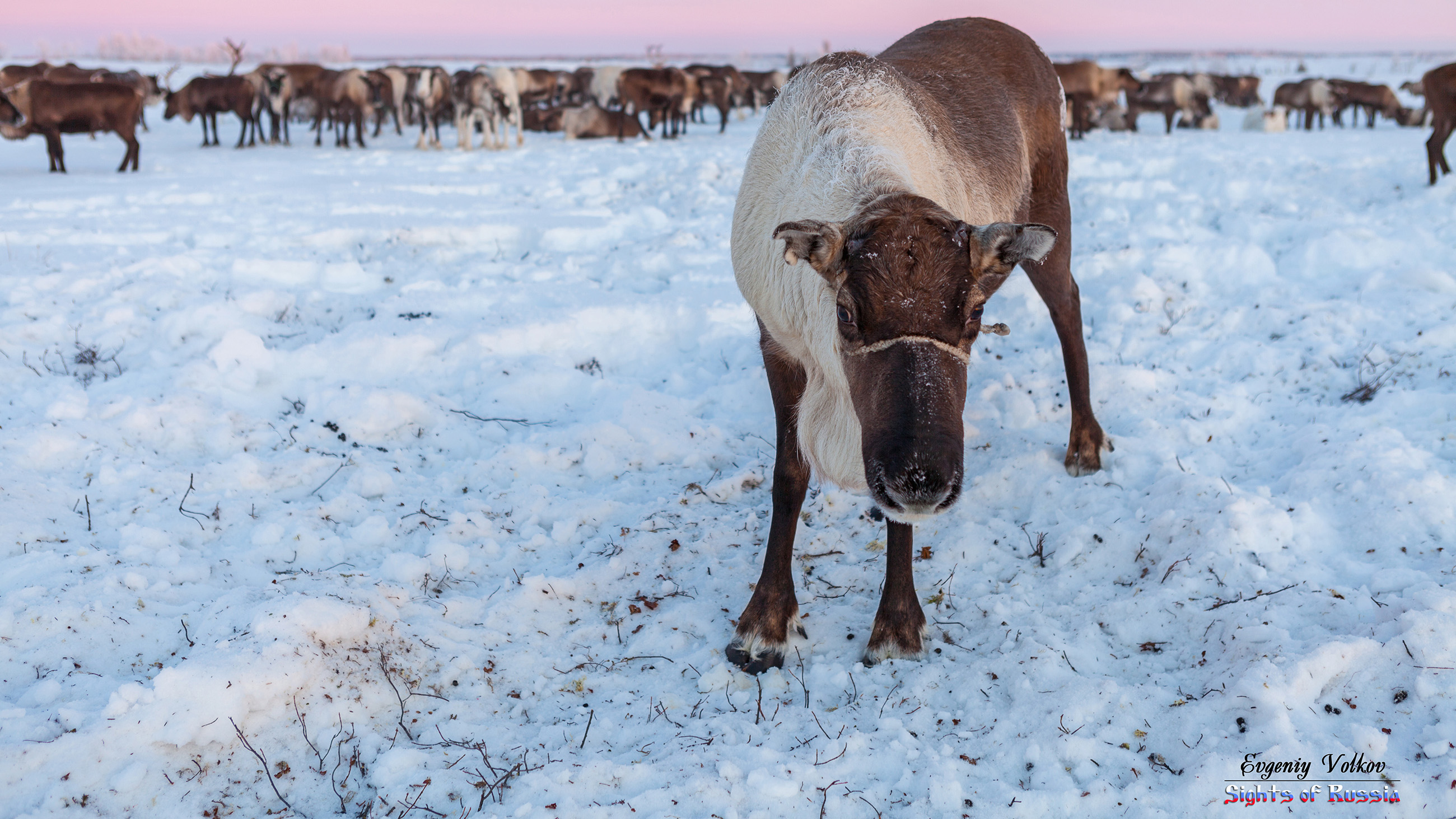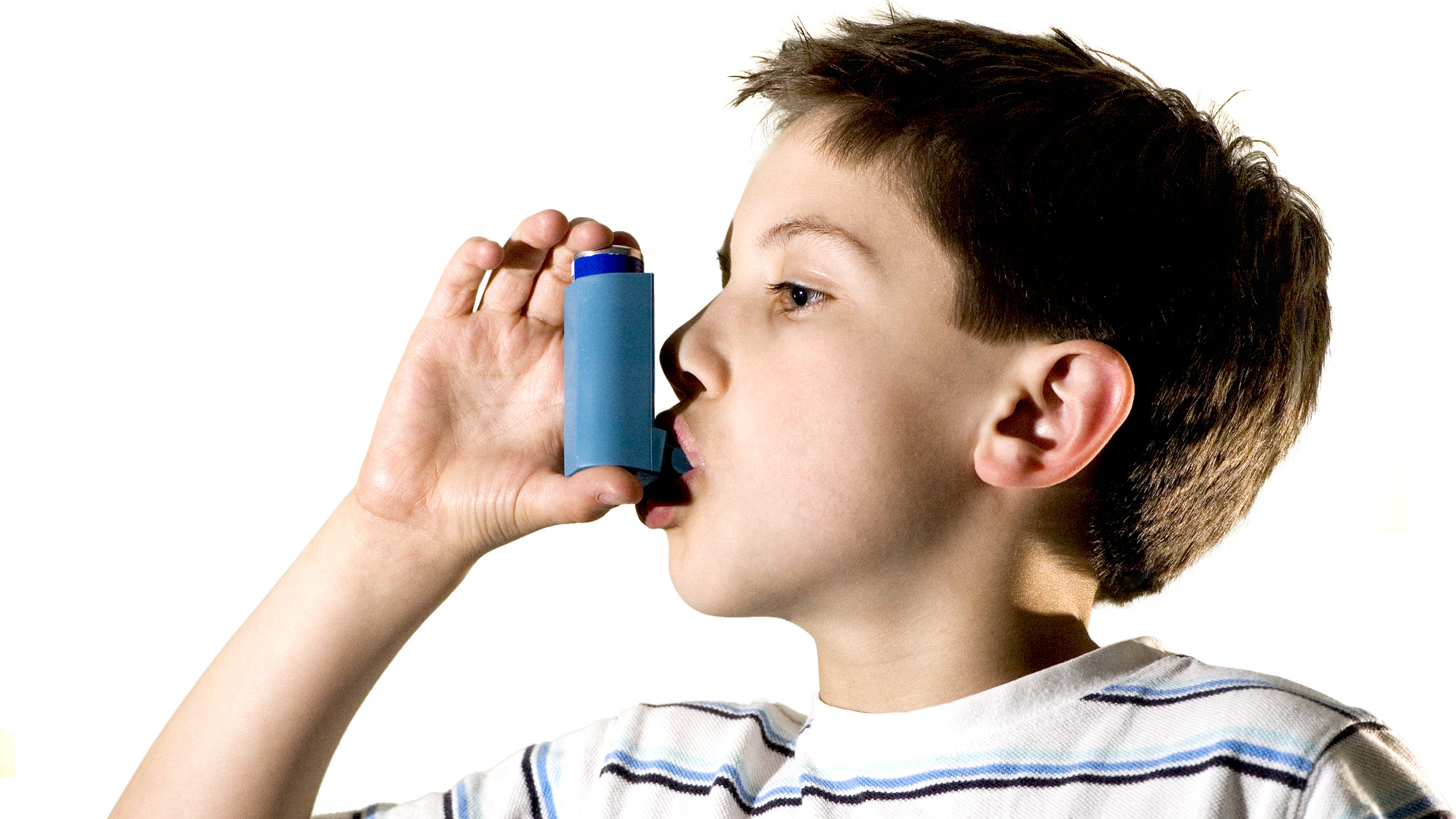Abstracts: Asthma, Anthrax, and More
• While it’s long been known that exposure to farm animals reduces the risk of asthma in children, a new study offers further insight. By comparing the rate of asthma in Amish and Hutterite children — who are similar in terms of lifestyle and faith — researchers found that higher exposure to microbes from traditional farming techniques offered the Amish kids more protection. (LA Times)

• Dozens of people have been infected and one child has died due to an anthrax outbreak in a remote area of northern Russia. Scientists think the bacteria spread when unusually warm temperatures thawed the carcass of an infected reindeer that had died years earlier. (NPR)
• The National Institutes of Health announced this week that clinical trials for a Zika vaccine will begin in the United States. If successful, trials could move into other Zika-affected countries by next year. (Washington Post)
• After one million yellow fever vaccines went missing on their way to Angola and others were shipped without syringes, the World Health Organization is advising doses be diluted by 80 percent, despite limited evidence that they will remain effective. (Associated Press)
• A new study says that waste leftover from a Cold War-era test site in Greenland could be at risk of leaching into the environment if the ice that covers it melts. (Gizmodo)
• Wireless sensors will be installed inside of a volcano near Managua, Nicaragua to collect real-time data that could help predict when an eruption is coming. (The Verge)
• Six out of seven companies contacted by the New York Attorney General have agreed to adjust their claims or take their products offline, after falsely advertising that they could help protect people from Zika. (Buzzfeed)
• And finally, the popularity of backcountry skiing increased this past season, but with it came an increase in the incidence of avalanches. (High Country News)










